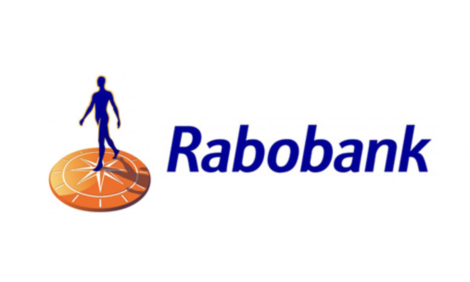



Trichinosis: Recommendations to Avoid, Prevent the Disease
ARGENTINA - The Argentine National Health Service and Food Quality (Senasa) is reminding producers and consumers of the precautions to be taken into account to avoid contracting Trichinosis and to prevent its spread.Trichinosis is a zoonosis mainly associated with the consumption of raw pork or undercooked meat, as well as sausages, cured meats or of unknown origin or without proper health checks.
Trichinosis is caused by a parasite called Trichinella spiralis, which gives no symptoms in swine or alters the organoleptic characteristics of the meat.
No vaccines or treatments are available and so preventive measures mainly consist in maintaining hygiene during the production cycle, checks after slaughter and at preparation prior to consumption.
Pigs can contract the disease when they are raised or kept in unhygienic conditions and fed with trash or debris that have not been subjected to heat treatment necessary to kill the parasite.
Therefore, Senasa reminds producers the importance of respecting the health standards for tenure and pig farming, feed them properly, maintain hygiene, avoid the presence of nearby landfills and make strict control of rodents.
The Control and Eradication of Swine Trichinosis programme in Argentina provides, among other things, the requirement to analyse using a technique called artificial digestion samples of each pig slaughtered in order to detect the presence of Trichinella.
If the result is negative, the meat can be released for consumption, otherwise, it is destroyed and Senasa finds the source of the positive result. The facility may also be closed until Senasa deem it safe for opening again.
In some areas home slaughter is a common practice and so a veterinarian in the area should be consulted to perform the analysis.
Consumer Tips
Symptoms include: fever, muscle aches, diarrhea, vomiting, swelling of eyelids, photophobia. In some cases these may be fatal.
If you experience any of these symptoms and recently ate pork quickly attend to the nearest health center.
Pigs can contract the disease when they are raised or kept in unhygienic conditions and fed with trash or debris that have not been subjected to heat treatment necessary to kill the parasite.
Therefore, Senasa reminds producers the importance of respecting the health standards for tenure and pig farming, feed them properly, maintain hygiene, avoid the presence of nearby landfills and make strict control of rodents.
The Control and Eradication of Swine Trichinosis programme in Argentina provides, among other things, the requirement to analyse using a technique called artificial digestion samples of each pig slaughtered in order to detect the presence of Trichinella.
If the result is negative, the meat can be released for consumption, otherwise, it is destroyed and Senasa finds the source of the positive result. The facility may also be closed until Senasa deem it safe for opening again.
In some areas home slaughter is a common practice and so a veterinarian in the area should be consulted to perform the analysis.
Consumer Tips
Symptoms include: fever, muscle aches, diarrhea, vomiting, swelling of eyelids, photophobia. In some cases these may be fatal.
If you experience any of these symptoms and recently ate pork quickly attend to the nearest health center.








